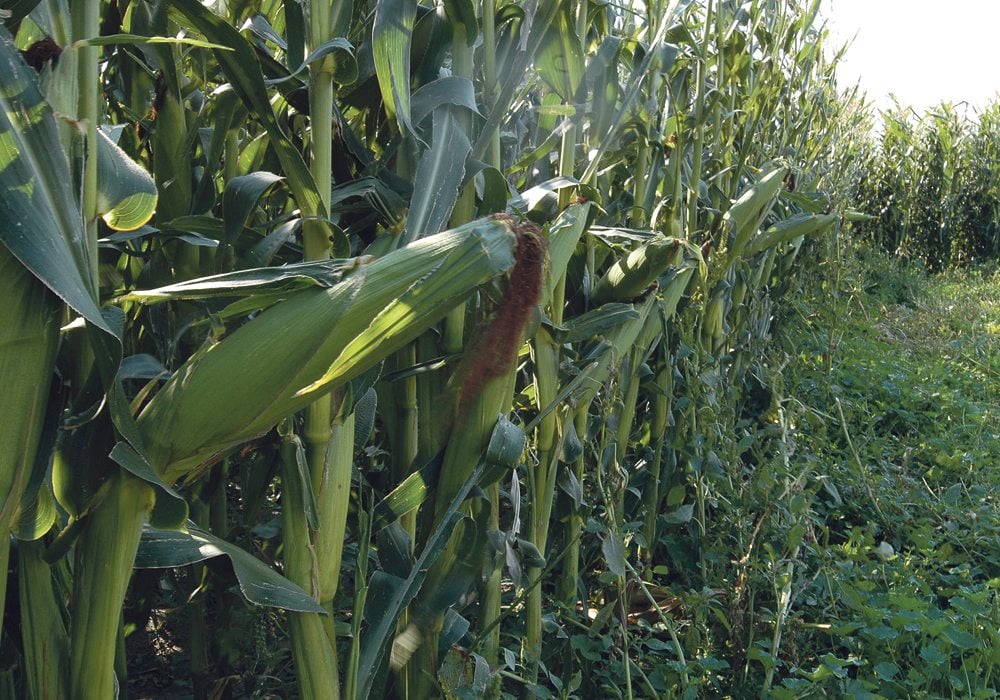Training on hybrid maize comprehensive technologies from Chinese experts

Agency
August 23, 2018

Kathmandu – In a bid to increase the production and productivity of maize in the country, a training programme on Hybrid Maize Comprehensive Technologies was organized to the experts, scientists, representatives of the seeds companies and stakeholders. A total of 35 participants are taking part in the 46-day-long training from the Ministry of Agriculture, Department of Agriculture, Nepal Agricultural Research Centre, experts and technicians from the seeds companies, the organizers said. With the knowledge gained from training, Nepal would now produce the seeds of the hybrid maize on its own, according to the participants.
The government of China through the Ministry of Commerce has sponsored the training programme on hybrid maize comprehensive technologies while Yuan Longping High-tech Agriculture Company from China and Nepal Agricultural Research Council (NARC) are jointly implementing the training course. The training programme will continue until August 31.
Maize is the second most important crop after rice in terms of planting area and production in Nepal and it contributes about 20 per cent of Nepal’s total cereal production. It is cultivated in an area of around 800,000 to 850,000 hectare and with the production of about 1,500,000 to 1,700,000 metric tons each year. Its average productivity is 1.8 to 2.0 metric tonnes per hectare.
Professor Wang Xiusong, who is involved in the training programme from China, said that the production could increase to as high as 8 metric tonnes per hectare once the hybrid maize was cultivated.
Professor Wang shared that the training programme largely focuses on ideas sharing about hybrid maize comprehensive technologies from both sides; enhancing Nepali maize research and development capacities; enhancing Nepali maize technology extension ability, and building up the cooperation platform for human resource development in maize research, extension and planting.
Elated from the training programme, National Maize Coordinator of NARC Dr Keshab Babu Koirala said that the cost of Nepali farmers would decrease after the seeds production in the country adding that it would promote us for commercial farming of maize.
With the more production of maize in the country, it would contribute to food security as well as import replacement Dr Koirala shared suggesting that the government should increase its investment in the maize to produce more human resources and in the field of technology as well.
During the training course, the participants have shared ideas, knowledge and experiences on hybrid maize genetic & breeding technology, hybrid maize seed production technology, hybrid maize high-yield cultivation technology, and hybrid maize post-harvest processing technology.
The training participants along with experts from Nepal and China are engaged in field study, visits and practical sessions along with the theoretical classes from Kathmandu to Rampur in Chitwan to Lumle in Pokhara and other locations as well.
Professor Wang said that this training course is the first of its kind in Nepal but absolutely not the last one and hoped that it is just the beginning for further bilateral cooperation between Nepal and China in the field of agriculture.
---


Leave Comment